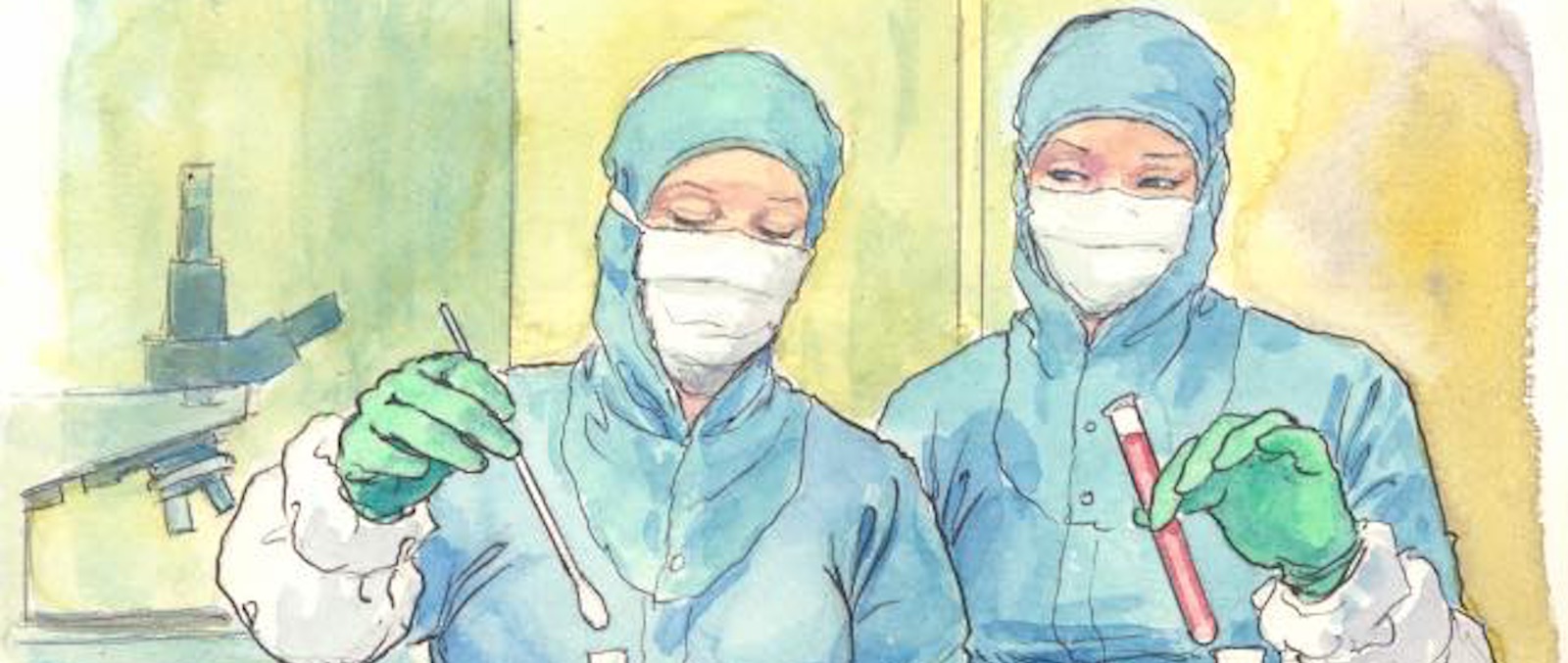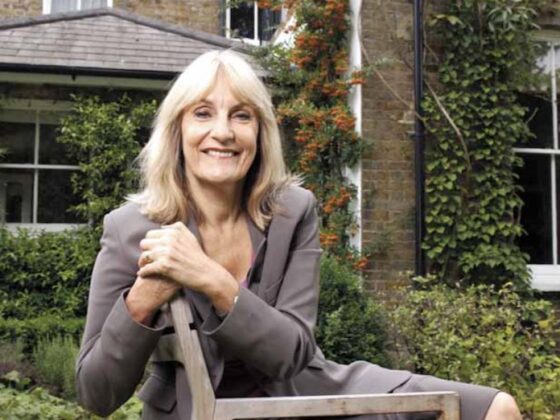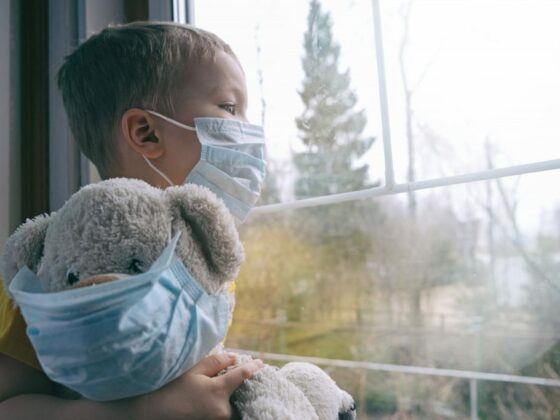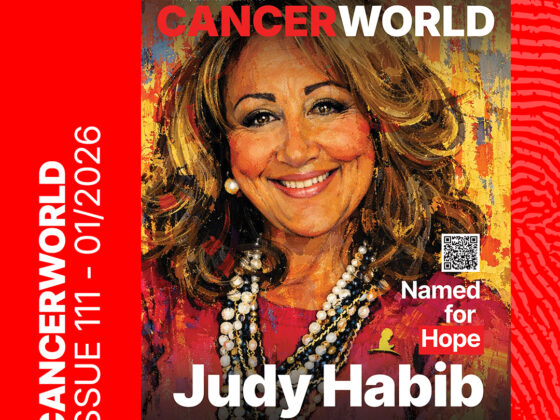In the COVID-19 era, oncologists all over the world have changed their schedules and daily routine practice according to recommendations from cancer professional associations, prioritising care of the most aggressive tumours and cancelling or postponing non-essential tests and screenings. Moreover, patients do not feel comfortable going to the hospital, sometimes because of the fear of being infected. At the end of the day, all these changes result in a worrisome decrease in cancer diagnosis and predicted excess cancer deaths.
A dangerous pause in cancer diagnosis
In the week ending April 10 compared to February 2020, an 87%, 83% and 90% reductions were observed, respectively, in mammograms, in the number of Pap smears, and the number of colonoscopies. In the same timeframe, CT scans for lung cancer and PSA tests for prostate cancer showed lower but still high rates of disruption, with 39% and 60% reductions respectively. These data, coming from a report by the IQVIA Institute for Human Data Science, highlight some of the consequences of the COVID-19 spread on cancer diagnosis in the US. “Claim codes for diagnostics commonly used to screen and monitor for cancer were generally stable from March 2019 through February 2020”, authors wrote. “However, as the country prepared for COVID by cancelling/postponing non-essential visits, procedure codes throughout March declined dramatically, coming to a near stand-still for some tests by the first week in April”, they added.
“If the decline in testing observed in early March through April 10th were to continue through early June, over 22 million screening tests and over 80,000 positive cancer diagnoses will be potentially missed or delayed”
According to a model proposed in the IQVIA report, if the decline in testing observed in early March through April 10th were to continue through early June, over 22 million screening tests and over 80,000 positive cancer diagnoses will be potentially missed or delayed. Looking deeper into facts and figures, this translates in missed or delayed diagnosis for 36,000 patients with breast cancer, 22,600 with prostate cancer, 18,800 with colorectal cancer, 2,500 with cervical cancer, and 450 with lung cancer. “An immediate return to previous volumes of testing and care will require substantial reallocation of resources and likely last months after social distancing rules are relaxed”, authors warned.
The Dutch experience
As expected, a notable decrease in cancer diagnosis had also been reported in Europe starting from March 2020 compared with the pre-COVID period. “The mayhem caused by COVID-19 has brought about substantial changes in cancer diagnosis in the Netherlands”, wrote Avinash Dinmohamed, Netherlands Comprehensive Cancer Organisation, Utrecht, Netherlands and colleagues in a comment published in Lancet Oncology. The most pronounced drop in cancer diagnosis was observed for skin cancer, but negative changes were seen across almost all cancer sites and all age groups. Authors reported the point estimates for the changes in cancer diagnoses, based on the mean total number of diagnoses in the period before the Covid-19 outbreak in the Netherlands (calendar weeks from 2 to 8).
For skin cancers excluding basal cell carcinomas, the analysis showed a relative decrease to 75% as soon as the first case of COVID-19 was confirmed in the Netherlands, to 56% in mid-March when social distancing policies were implemented by the Dutch government and national cancer screening programmes were temporarily halted. As of the beginning of April skin cancer diagnosis rates were 40% compared to the pre-COVID mean values. Corresponding numbers for all sites excluding skin cancer were 81%, 91% and 74%, respectively.
These findings pushed the Netherlands Comprehensive Cancer Organisation to disseminate data on reduced cancer diagnosed among the Duch community. “The aims of this dissemination were multifold”, said authors, that mentioned efforts on encouraging patients to consult their general practitioner whenever symptoms continue, and general practitioners to refer patients with suspected cancer to oncology specialists.
A similar warning was published at the end of April by the National Health Service (NHS) in the United Kingdom, encouraging people to seek help for cancer symptoms.
Multiple factors under scrutiny
Many factors are involved in the reductions of cancer diagnosis, related to both patients and doctors and also to the health system. Among these, a change in doctor-patient interactions should be mentioned. “Changes in the number of patient interactions with oncologists since February 2020 – based on medical and pharmacy claims processed through April 3 – have declined on average by 20%, but vary based across tumour types”, experts wrote in the IQVIA report.
From the patient’s side, “It is probable that patients with well recognised red flag symptoms, such as a new lump or rectal bleeding, will continue to present to primary care. With Covid-19 at the forefront, however, vague cancer symptoms such as fatigue, change in bowel habit, and weight loss might be dismissed by the patient as trivial”, Daniel Jones, University of Leeds (UK) and colleagues wrote in Lancet Oncology. Moral concerns about wasting the general practitioner’s time and anxiety about acquiring the infection in health care settings could guide patients’ decision to consult the doctor.
On the other hand, as reported by Dinmohamed and colleague, “most of the general practitioner consultations for non-acute issues are transitioned to telehealth. A general practitioner might, therefore, postpone initial investigations for symptoms that do not immediately hint towards a potential cancer diagnosis”. Noteworthy, this “new remote medicine” could also be less suited to patients from low socioeconomic backgrounds, leading to an increase of inequality in early cancer diagnosis. “When normal service resumes at a population and health-service level, there will be a huge backlog of patients with potential cancer symptoms needing urgent assessment. Planning for recovery should commence as soon as possible”, Jones stated.
Moral concerns about wasting the general practitioner’s time and anxiety about acquiring the infection in health care settings could guide patients’ decision to consult the doctor.
Cancer deaths in the COVID era
According to a paper published as a preprint (and not peer-reviewed) on ResearchGate by a team of researchers led by Alvina G. Lai, Institute of Health Informatics and Health Data Research UK, University College London, London, UK, will take a huge toll in terms of cancer mortality. Through DATA- CAN, the UK National Health Data Research Hub for Cancer, the authors collected data about diagnostic referrals and chemotherapy treatments (starting from 2018) from hospitals in Leeds, London and Northern Ireland. “We estimated overall (direct and indirect) effects of COVID-19 emergency on mortality under different Relative Impact of the Emergency (RIE) and different Proportions of the population Affected by the Emergency (PAE)” they explained. Compared to pre-pandemic levels, a 45-66% reduction in admissions for chemotherapy and a 70-89% fall in urgent referrals for early cancer diagnosis was shown. “At COVID-19 PAE of 40%, and an RIE of 1.5, the model estimated 6,270 excess deaths at 1 year in England and 33,890 excess deaths in the US,” said the authors, that applied the same model used for the UK to the US, using Surveillance, Epidemiology, and End Results (SEER) program data.
Moreover, the impact of comorbidities on cancer mortality was assessed, showing that 78% of excess deaths occur in cancer patients with one or more comorbidity. “To better inform prioritization of cancer care and guide policy change, there is an urgent need for weekly data on cause-specific excess mortality, cancer diagnosis and treatment provision and better intelligence on the use of effective treatments for comorbidities” researches concluded, reminding that this excess risk of death may be due to both COVID-19 infection and the consequences of changes in health service provision and other measures aimed at controlling the pandemic.
The model estimated 6,270 excess deaths at 1 year in England and 33,890 excess deaths in the US.
Reading critically, always
On April 29, the Science Media Centre published some experts’ reactions to the preprint posted on ResearchGate.
Generally speaking, most of the experts agree with the conclusive statement that the Covid-19 pandemic could have a major impact on cancer mortality, but they are cautious when talking about numbers. “This study is the first that I have seen that produces a reasonably-argued numerical estimate of the number of excess deaths of people with cancer arising from these factors, in the UK and the USA”, said Kevin McConway, Emeritus Professor of Applied Statistics, The Open University. “Really, I think the true message of this research is not the estimates of excess deaths themselves” he added.
Same opinion for Hugo Pedder, Senior Research Associate in Statistical Modelling at the Bristol Medical School, University of Bristol and Statistical Ambassador to the Royal Statistical Society: “The numbers of excess deaths change a lot depending on the choice of input values used in the model […]. However, all the numbers of excess deaths are still large and should be a cause for concern” he stated.
“It is very likely that we will see significant excess death from cancer (as a result of Covid-19). I am not sure that this dataset yet provides the evidence for this or importantly for insights into causation. […] These data, however do represent an important signal that we should be worried about” echoed Jessica Corner, Pro-Vice-Chancellor (Research & Knowledge Exchange), The University of Nottingham.
The phrase “excess deaths” is not universal, and different researchers may use different definition.
Make the right choice
About the number of predicted excess deaths, experts highlighted some authors’ choices that could have had a big impact on the final results. “The researchers are quite candid about having no data to establish PAE […]. However, in the main paper (and the press release) they very much concentrate on presenting the numbers for just one value of PAE, 40%. They say that is ‘plausible’, and I don’t disagree, but a wide range of other possible values are also plausible, I’d say” McConway commented, in line with comments from Simon White, University of Cambridge and Statistical Ambassador for the Royal Statistical Society. “The exact results of the paper very heavily depend on this unjustified choice, however the overall message seems robust as presented”, he said, adding that “The phrase “excess deaths” is not universal, and different researchers may use different definitions”.
“Where I very definitely agree with the researchers, is that they ask for better and more timely data that will allow better estimates of many quantities that are important for planning cancer and other health services during the continuing crisis. That will allow more effective provision of health care for these vulnerable patients, and that’s what can save lives” McConway concluded.
About the cartoon that illustrates this article: In recent weeks, Milo Manara, one of the most renowned Italian cartoonist, has paid homage to people who are continuing to work and offer vital services despite the health emergency linked to Coronavirus, with a series of drawings published on its social networks.
Milo Manara’s designs are dedicated to healthcare personnel, riders, couriers, law enforcement and supermarket clerks. In addition, the designer has made a short animated video dedicated to hospital staff, at the forefront of the pandemic.











